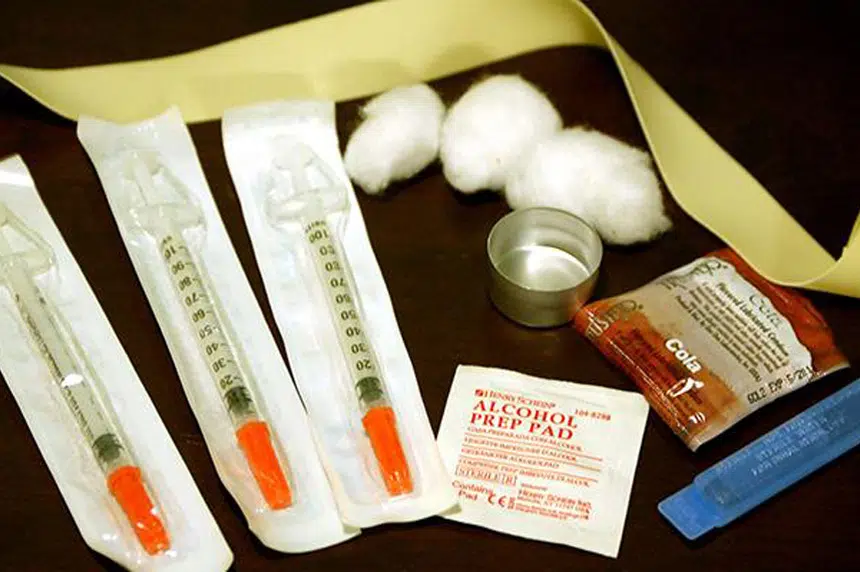With the worldwide fear of coronavirus continuing to rise, some University of Saskatchewan Scientists are starting to feel the pressure.
“We all feel it, we all watch the news constantly. We are looking at ways of accelerating what we do,” said Volker Gerdts, CEO of VIDO-InterVac on the U of S campus.
“We are allocating more resources, we put long days in, everybody feels the pressure.”
Gerdts and his team have been monitoring the disease since they heard about it in late December but only started their real work last week when the virus sequence was released by Chinese scientists.
He said although they have been in constant communication with the Public Health Agency of Canada since the initial announcement, they didn’t have to be told to get to work.
“This is what VIDO is all about,” said Gerdts.
“We have some of the best infrastructure here in the country and really one of our areas of focus is these emerging diseases so when a new disease emerges we quickly get going and try to help the country get ready for it.”
For those worried about a potential outbreak from the U of S lab, have no fear. According to Gerdts, the virus is not actually in Saskatoon—yet.
“There is a lot of initial assembly of the vaccine, prototype development, even immunizing animals to look at the immune response. Those things you can do without actually having the virus,” he said.
“At one point though we will have to have the virus and show that at least in animal models the vaccine works.”
According to Gerdts, the vaccine is still weeks or months away from being ready to do trials.
“It is going to take maybe five, six weeks before we have a prototype and then we are going to put that into animals and as quickly as possible see if we are getting good immune responses,” he said.
“And then at one point we will have to infect those animals to demonstrate that the vaccine works.”











